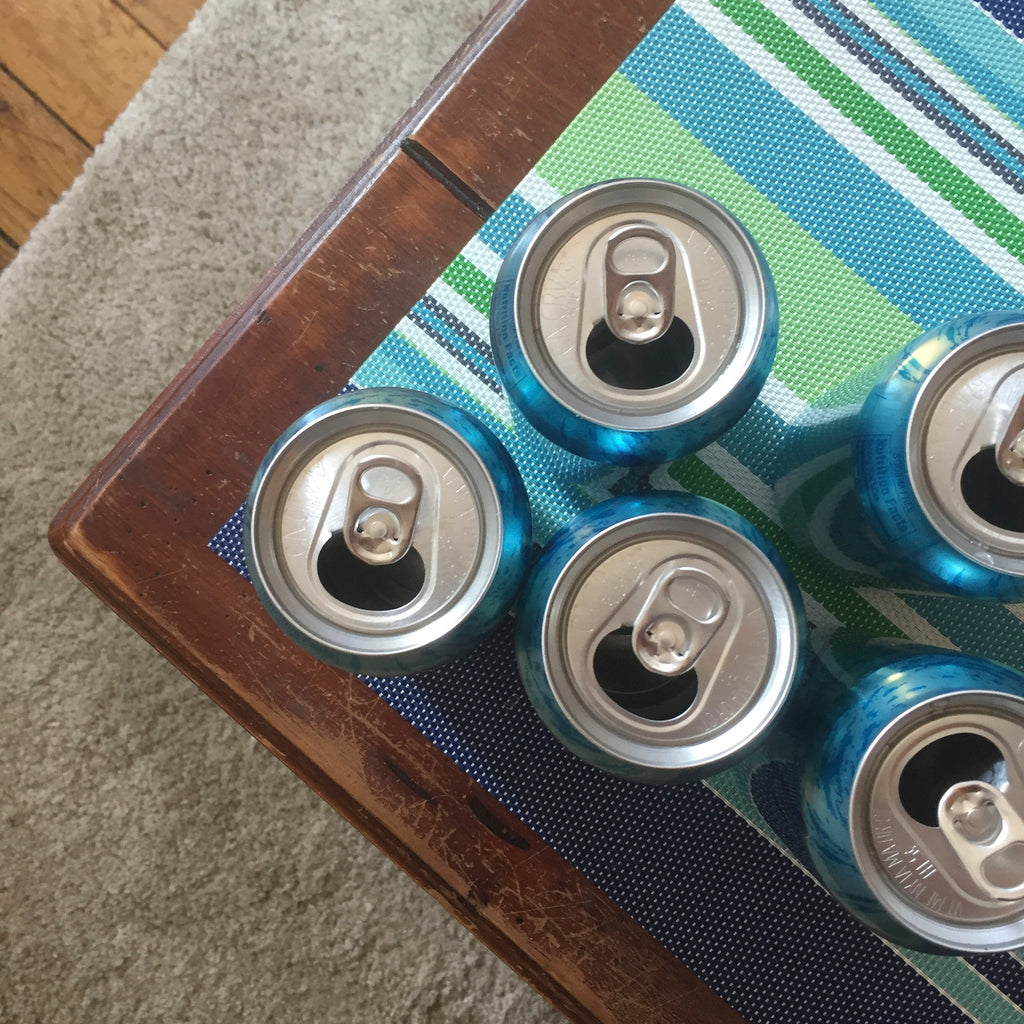I was recently talking to a friend, who buys LaCroix or similar flavored waters, that matter-of-factly said that she’s sure they have bad ingredients. I actually agreed with her in my mind and that is why I don’t buy them. But it dawned on me that I don’t know if it’s true. Are there ingredients in the water that are bad?
First, the ingredients on the container just say, “carbonated water and natural flavors.” And the few times I’ve drank LaCroix’s, I’ve felt nasty and repeatedly thought that I’d rather just have water, despite claims such as “natural ingredients.”
In 2018, LaCroix was sued with a class-action lawsuit claiming that the water does not have natural ingredients but rather has “a chemical used to kill cockroaches.”
So, what is this ingredient, and what are the other ingredients in LaCroix?
Linalool is a naturally occurring terpene alcohol found in many flowers and spice plants. It is “generally recognized as safe” or GRAS by the Food and Drug Administration and is the basis for many essential oils. It can be synthetically made, however. And, yes, it is one chemical used as a pesticide for cockroaches.
Ethyl butanoate, also known as ethyl butyrate or butyric ether, is the second questionable ingredient in LaCroix. It is an ester that is commonly used as an artificial flavoring agent in alcoholic beverages, perfumes, and as a plasticizer for cellulose.
“It has a fruity odor, similar to pineapple, and is a key ingredient used as a flavor enhancer in processed orange juices.[1] It also occurs naturally in many fruits, albeit at lower concentrations.”[1]
Linalool propionate is in LaCroix as well, and I did not find much information on it.
Limonene is the fourth additive in LaCroix and is an oil extracted from the peels of oranges and other citrus fruits and is known to be a skin irritant.
While the 2018 lawsuit was dropped, a separate, similar lawsuit was filed in 2020. The large issue surrounding this lawsuit is that, while all the ingredients can be sourced naturally, they can also be made synthetically.
As I said, I don’t drink LaCroix’s because I think they taste bad. But are they toxic? I don’t know for sure. Probably. However, I do have more questions than answers in doing research for this blog. My guess is that if you drink them every now and again, they’re fine. If you drink multiple cans every day, then I would consider switching to another beverage.
Is LaCroix “natural?” That’s a bit more complicated. An it’s a question that my be determined by the outcome of the lawsuit.
So what are alternatives? I like unflavored sparkling water and throwing in a lime or lemon wedge. I also like Zevia, which are stevia-sweetened sodas. Ben Greenfield drinks Zevias and interviewed the founder on his podcast here. I also like hop-flavored waters like citrus-flavored Hoplark.
[1] https://en.wikipedia.org/wiki/Ethyl_butyrate









2 Comment
How about San Pelligrinno? I love sparkling water and need to find one that is ok. Dr gundry recommends drinking san pelligrino because of the CO2 and uncoupling effects on mitochondria. I think I have that right. I listened to a podcast he was on. Let me know what you think about the quality of San Pelligrino. Thanks. I love your newsletter and products.
Have you researched Nixie sparkling water? Their organic, non-GMO flavors are extracted from the named fruits and botanicals and are the essences and aromatics of these plants vs the juice. Organic flavors follow the same strict processing and auditing rules as all organic ingredients and can’t contain synthetic solvents like propylene glycol, BHA/BHT, polysorbate 80, hexane or sodium benzoate that can exist in conventional flavors. They purify the water using reverse osmosis filtration which removes fluoride, sodium, and other impurities, and test for PFAs.
Maybe a possible alternative for those who like sparkling water ?